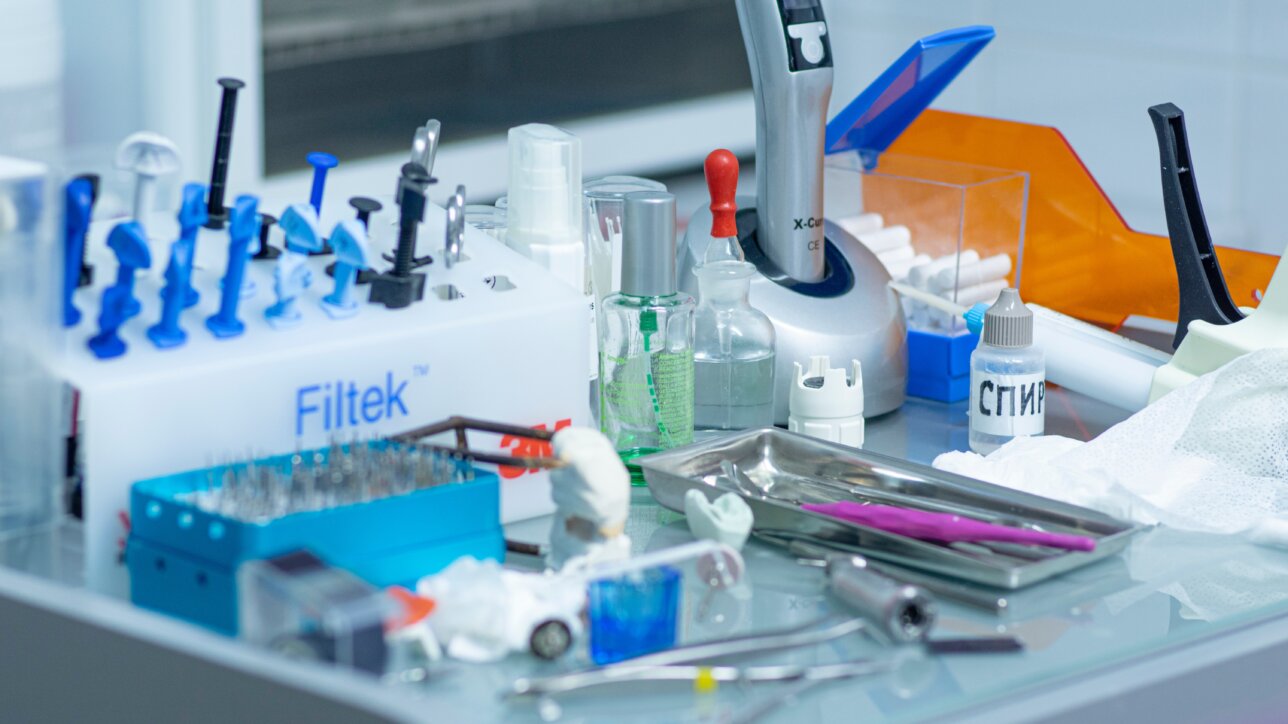
August 24, 2020
3 Types of Appraisal Methods for Your Dental Practice

Asking the question of which appraisal method is best for your dental practice isn’t a cut-and-dry answer. Income, asset and market-based appraisals each come with their own set of pros and cons. Here’s a breakdown to help determine which method is right for your dental practice.
Income appraisal
An income appraisal can be broken down even further to determine the value of a business based on the future economic benefit to be derived by a buyer: discounted cash flow, capitalization of earnings and multiple of discretionary earnings — all of which rely completely on assumptions that can dramatically skew the implied value of a practice. Both methods are used to make sure someone is not overpaying for a practice with the chosen variables, rather than the market, determining the value.
Asset appraisal
Asset accumulation and capitalization of excess earnings further define the asset appraisal method. This includes measurable factors, such as labor and hard assets like equipment, and intangible assets, such as goodwill. The total value of the practice is the sum of tangible assets and goodwill. This method is generally used when the value of a dental practice is needed by a third party or in a dispute, such as a divorce or partnership dissolution.
Market-based appraisal
Just like with home real estate, a market-based appraisal focuses on comparable sales. Dental practices are most affected by the comparable practices that are sold in the area and the type of buyers that are buying them, whether an individual dentist or an institution, such as a dental service organization (DSO). However, if used incorrectly or for the wrong job, it can make everything more difficult.
What’s next?
Read the full article Dental Economics’ website, then contact the experts at Professional Transition Strategies to figure out which appraisal method is best for your dental practice.